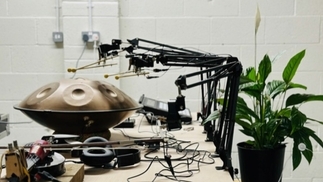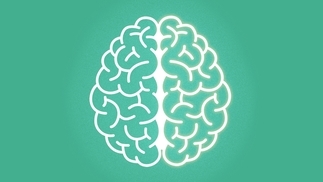Listening to electronic music alters your state of consciousness, study shows
The study participants experienced a feeling of "unity" the most at 99 BPM

Listening to electronic music alters your state of consciousness, according to a new study.
The research – which was led by Raquel Aparicio Terrés at the University of Barcelona – gathered 19 individuals between the ages of 18 and 22. The participants were then given six one-minute snippets of electronic music to listen to at either 1.65 hertz (99 BPM), 2.25 Hz (135 BPM), or 2.85 Hz (171 BPM), as reported by the New Scientist.
Tracks included 'Endless Horizons' by Dhamika, 'Mind Expander' by Audiomatic, and 'Audioslave' by Vertex, according to a report by Free Malaysia Today.
Terrés and the researchers used electroencephalography, which records the "spontaneous electrical activity of the brain" via electrodes attached to the scalp. This method gave them insight into the individuals' altered state of consciousness (ASC), loosely defined as any condition which is "significantly different from a normal waking state". This can also be caused by use of recreational drugs, experiences of trauma, or medication.
The study lent its focus to the occurrence of 'entrainment' that takes place when "synchronisation arises between an external rhythmic stimuli, such as electronic music, and the firing of neurons in the brain," according to the New Scientist e.g. dancing and foot tapping in humans.
The participants were asked several questions pertaining to the neurological impact of the music on their state of consciousness, for example, their level of focus and reaction times.
Researchers ultimately found that the individuals' brain activity synchronised with the rhythms they were hearing, notably at 1.65 hertz, where they experienced this feeling of "unity" the most.
“Response variations in this task can provide insights into attentional focus and motor response readiness, which may be influenced by an altered state of consciousness,” Terrés told the New Scientist.
The study may help build a case for the benefits of entrainment's "dissociative-like states" as a therapeutic, stress-busting tool.
Last year, it was reported that 93% of young people treat music lyrics as a “therapeutic tool” when dealing with their mental health.
Another recent study carried out by McGill University in Montreal, Canada found that the emotional responses generated by listening to music that gives you "chils" can relieve pain.







